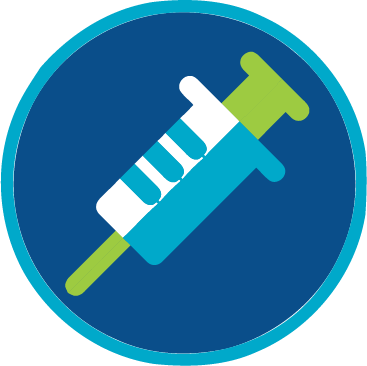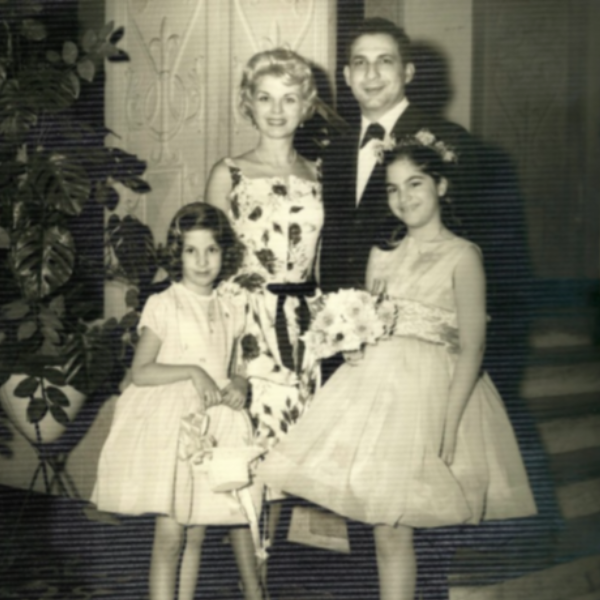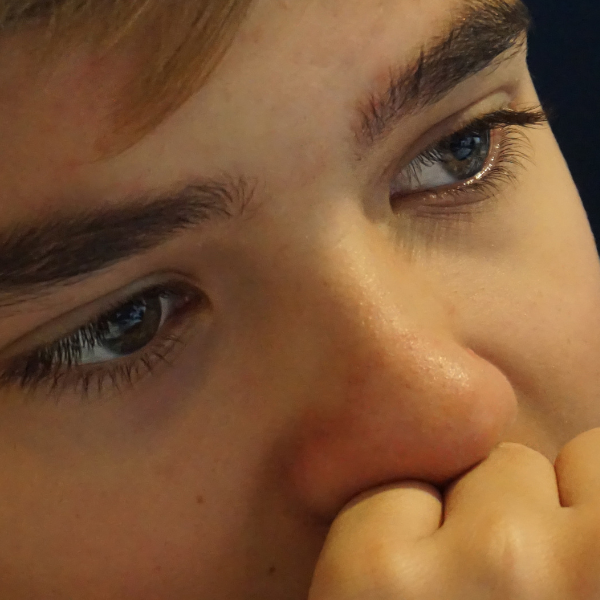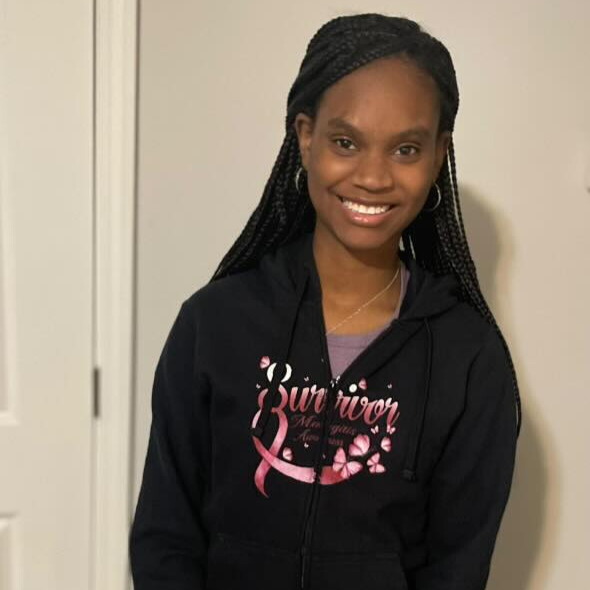by Sarah Tooth
Our father was an anti-vaxxer. Growing up in Australia, he would proudly tell us that we were unvaccinated and that we “didn’t have any of that nasty stuff” in us.
Our mother would have preferred to vaccinate us, but due to our father’s controlling nature, she went along with his ways.
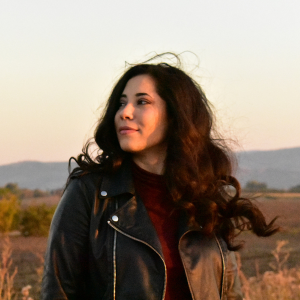
My sister had been in and out of the hospital for a bad case of tonsillitis for roughly a week or so. The doctors would prescribe antibiotics and pain relief, but the pain in her throat just kept escalating. It got to the point where she could not eat, drink, or even swallow properly, and eventually she had trouble breathing. The doctors also noticed that she had a white membrane coating her throat which was not typical for tonsillitis.
Her symptoms were too rare to be recognized
By chance, a doctor who had just come back from volunteering in a developing country looked at her case. He realized that this did not look like tonsillitis, but instead looked like diphtheria. He enquired about her vaccination status and learned that she had never been vaccinated. Her previous doctors didn’t recognise the symptoms because they had never seen diphtheria in person. It had become rare in a first-world country, thanks to the help of vaccines.
On April the 28, 2011, my sister was called back into the hospital and placed in the Intensive care unit. Then her doctors decided to put her in an induced coma.
My first vaccination
The hospital called our mother to explain that my sister had diphtheria. Her doctor was optimistic, but explained that only people who had been vaccinated could visit my sister. My mum rushed me to a nearby hospital and I promptly got my first ever vaccination at 18 years old. The next day, we traveled an hour by train to visit my sister in the hospital. To see her, we had to wear full PPE.
In a meeting, the doctor informed us that my sister’s health was deteriorating; the infection was spreading too aggressively for the antibiotics to work. We were called back to the hospital at 2:30 a.m. to say our goodbyes. On the 30th of April, I lost my sister. She was only 22 years old.
My sister’s death was one hundred percent preventable
There was an investigation into the origin of my sister’s infection. It was discovered that a friend of hers had been exposed to diphtheria during a trip to Papua New Guinea. He was vaccinated; his immune system recognised the bacteria, and it was harmless to him. However, the exposure made him a carrier.
When I was younger, I never thought being unvaccinated was a problem. Until my sister died. My family and I now keep up with every vaccination, whether it’s the tetanus booster or the COVID shot.
You never know who or what you will come into contact with in life. Anyone around you could be a carrier. Hell, if you’re vaccinated but you don’t vaccinate your children, you could take a deadly virus or bacteria home to them. So vaccinate your children, because what happened to my sister was one hundred percent preventable. If our father just vaccinated us, I’d still have my sister with me today
Sarah Tooth, a 32-year-old dental technician from Brisbane, Australia, is the youngest of eight children. Diphtheria is a very rare disease in developed countries, thanks to vaccines. The fact that someone tragically died from it was national news in Australia.
Her story, like all others on this blog, was a voluntary submission. If you want to help make a difference, submit your own post by emailing us through our contact form. We depend on real people like you sharing experience to protect others from misinformation.


